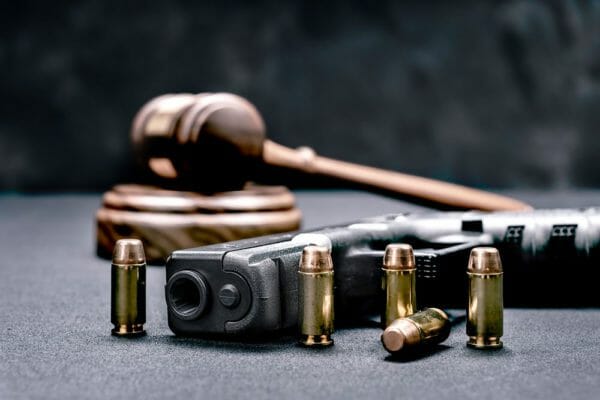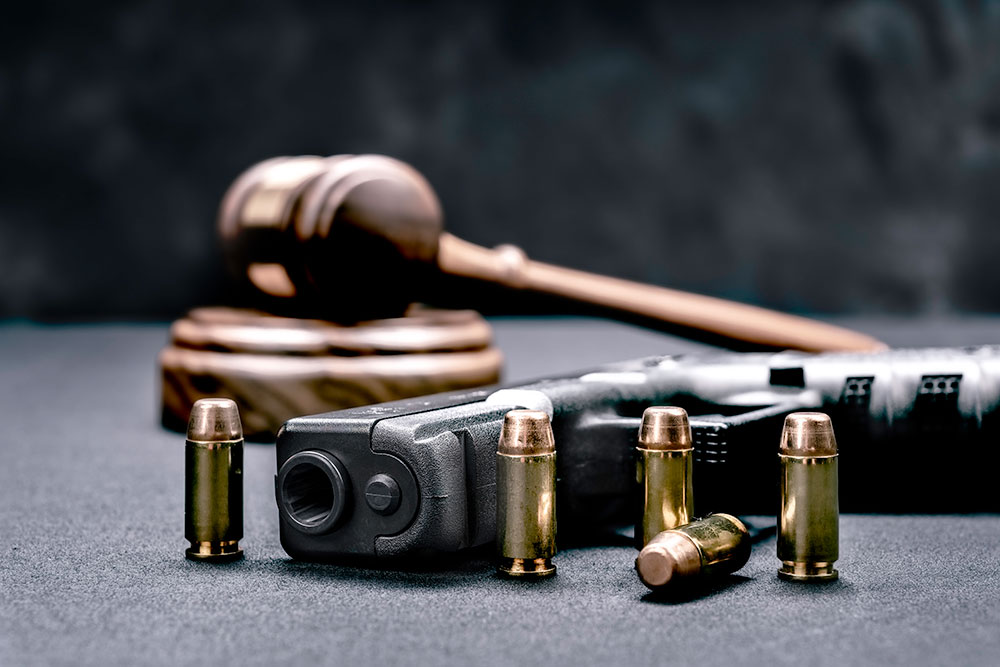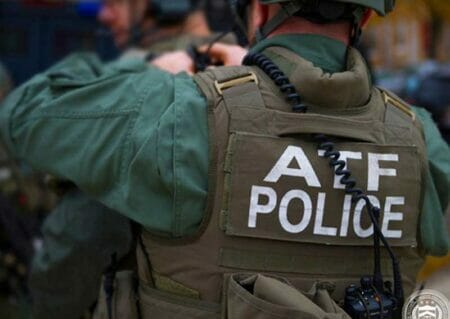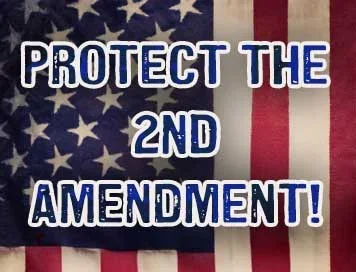
There have been at least two cases where local judges in Massachusetts have held the license to carry law, which was passed in defiance of the Supreme Court Bruen decision and is unconstitutional under the Second Amendment. On May 14, 2024, Judge Kevin J. Finnerty granted a petition against the denial of a Firearm Identification Card (FID). Without an FID, the License to Carry is suspended.
On May 20, 2024, Judge William P. Hadley ordered Police Chief David Pratt to issue Randy Westbrook a License to Carry (LTC).
The two cases are discussed in Massachusetts Lawyers Weekly:
Smith noted that Fall River District Court Judge Kevin J. Finnerty issued a similar ruling on May 14 in Echeverre v. Cullena case initially seeking judicial review of the denial of a firearm identification card, or FID, and subsequently involving the suspension of an LTC.
In granting the petition, Finnerty said he agreed that “discretionary suspension (or grant) of a constitutionally guaranteed right to which our jurisprudence requires courts to defer is inconsistent with ․ Bruin holding.”
The Westbrook case of a denial of an LTC by Hollyoak Police Chief David Pratt:
In his appeal from the denial of the application, the petitioner argued that G.L.c. 140, §131, runs afoul of New York State Rifle & Pistol Association v. Bruen and other recent U.S. Supreme Court decisions interpreting the Second Amendment’s right to bear arms. Specifically, Westbrook contended that the “suitability” standard set forth in §131 for a police chief’s assessment of dangerousness is unconstitutionally vague and overbroad.
Judge William P. Hadley agreed, reversing Chief Pratt’s permit denial and ordering issuance of an LTC to Westbrook.
These cases are at the district court level. Other courts are not required to follow their lead. It is unclear if either or both of the cases will be appealed.
Other courts are required to respect the precedent of the Bruen decision. The logic of the Echeverre and Westbrook cases is obvious and clear. Massachusetts’ legislature created a substitute subjective standard of “dangerousness” as a means to avoid following the clear guidance of the Bruen case, set forth by the Supreme Court of the United States.
The Massachusetts Lawyers Weekly points out that police chiefs do not want to relinquish their power to deny License to Carry permits. The Massachusetts legislature desires to ensure the police chiefs have the power to deny License to Carry permits. The Second Amendment of the Constitution directly forbids the power of government agents to subjectively deny people the right to keep (possess) and bear (carry) arms, which includes handguns.
Massachusetts is already on the Supreme Court’s radar. After the Bruen decision, the United States Supreme Court vacated the Morin, Alfred V. Lyver, William, et al, case and sent it back to the Court of Appeals for the First Circuit to be re-considered under the clear guidance of the Bruen decision. As a result, Morin was issued a License to Carry.
Some judges in Massachusetts understand their duty under the Constitution to enforce the limitations on government imposed by the Bill of Rights. Massachusetts residents whose rights to bear arms have been infringed by their local police chief now have two well-reasoned cases to use as examples for their own challenges.
About Dean Weingarten:
Dean Weingarten has been a peace officer, a military officer, was on the University of Wisconsin Pistol Team for four years, and was first certified to teach firearms safety in 1973. He taught the Arizona concealed carry course for fifteen years until the goal of Constitutional Carry was attained. He has degrees in meteorology and mining engineering, and retired from the Department of Defense after a 30 year career in Army Research, Development, Testing, and Evaluation.









The entire “permitting” system is Unconstitutional.
It’s been noted that a cheap tin badge confers great power. It is also recognized that such power is rarely willingly given up. In this instance, it is gratifying to see a judiciary control exercised over what a cheap tin badge holder can actually do.
Massachusetts governor and every one of their house and senate scumbags can shove their FID and LTC up their asses, where their heads remain apparently, since we free men require no permission, approval, license, etc. Any law that limits or restricts the right to keep and bear arms is repugnant to the Constitution and has no force of law.
Hey Pratt, YOU don’t grant permissions to a God-given, GUARANTEED Constitutional RIGHT because you ain’t God. Nice try, though. I bet you fooled the liberal sheep like yourself.
So many folks have to be ‘of good moral character’, yet the LEO that approves these permits has no previous contact to determine ‘good moral character’.
First sentence edit error: the “decision and is unconstitutional” should be “decision, is unconstitutional”